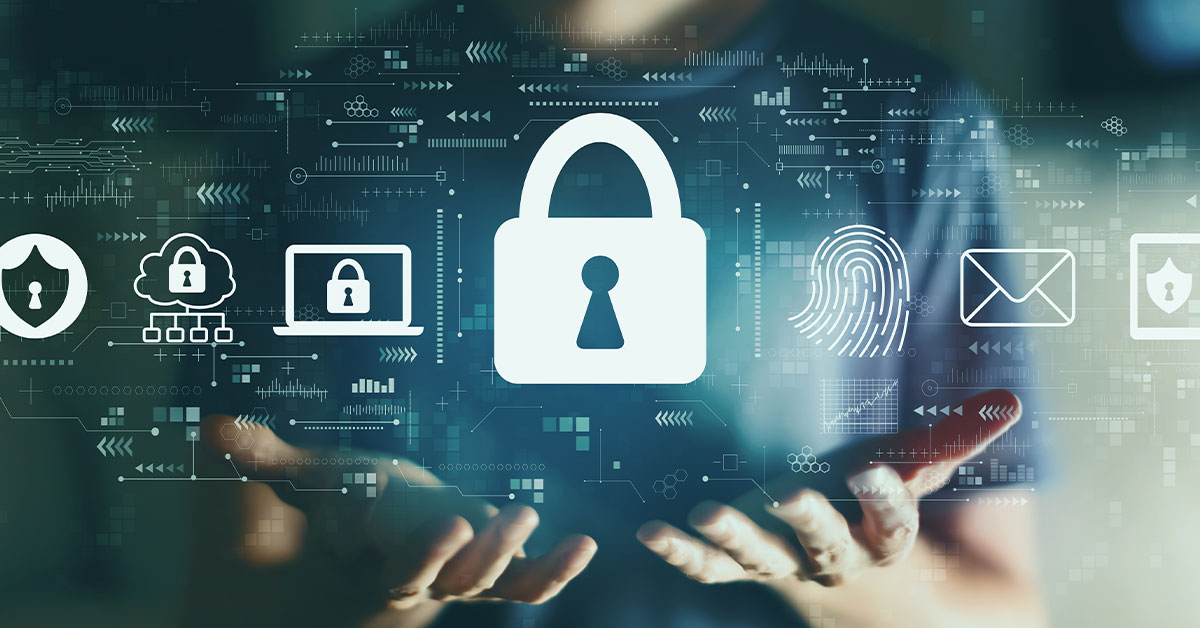The biggest names in tech, including Google and Microsoft, are signatories of the ‘Tech Accord’ to fight the misuse of tech and spread of ‘deepfakes.’
Big tech companies that are paving the way in artificial intelligence (AI) development have united to combat the technology’s misuse as over 50 countries will be heading to the polls this year.
According to a Tuesday report by the Washington Post, heavy hitters such as Google, Microsoft, Meta, OpenAI, Adobe and TikTok reportedly developed the agreement.
This draft ‘Tech Accord’ will mark a commitment to developing identifying, labelling and controlling technologies to oversee restricting the spread of deceptive AI-generated images, videos and audio recordings.
Notably, Elon Musk’s X platform was a notable absentee among the agreement’s signatories. However, more companies may sign the accord in the future.
Despite recognising the risks of the misuse of AI tools and the subsequent creation of content which can be spread on digital media platforms, also noticeably missing was a ban on misleading political content, such as ‘deepfakes’– despite 2024 being dubbed as the year of elections.
What does the manifesto say?
Although stopping short of an outright ban, the multilateral agreement instead aims to mitigate the risks of political ‘deepfakes.’
In a draft of the ‘Accord’ seen by Politico, the agreement reads: “We affirm that the protection of electoral integrity and public trust is a shared responsibility and a common good that transcends partisan interests and national borders.”
This is especially critical as 50 countries are set to hold national elections this year. Including the United Kingdom, Russia, India and South Africa.
“In a critical year for global elections, technology companies are working on an accord to combat the deceptive use of AI targeted at voters.
“Adobe, Google, Meta, Microsoft, OpenAI, TikTok and others are working jointly toward progress on this shared objective and we hope to finalize and present details on Friday at the Munich Security Conference,” David Cuddy, a spokesperson for Microsoft, said in a statement.
In a report published in February by Munich Security, the weaponisation of AI by governments was described as the latest tool in the arsenal of autocratic regimes to oppress citizens as well as destabilise the democracies of other countries.
The latest ‘Tech Accord’ added that, “the intentional and undisclosed generation and distribution of deceptive AI election content can deceive the public in ways that jeopardize the integrity of electoral processes.”
‘Worsening trend’
According to the Guardian, British lawmakers are concerned about AI technology falling into the wrong hands as the country prepares for upcoming regional and general elections.
At least 70% of MPs surveyed said they feared AI would spread electoral misinformation and disinformation.
London’s Mayor, Sadiq Khan, who recently was the victim of an audio ‘deepfake’ campaign, warned that when in the hands of the far right, AI can “raise tensions, sow hatred and turn communities against each other.”
He added that in light of the upcoming London Mayoral Elections in May, “this trend is only likely to get worse in the weeks and months to come in the lead-up to the London mayoral and general elections later this year.”







